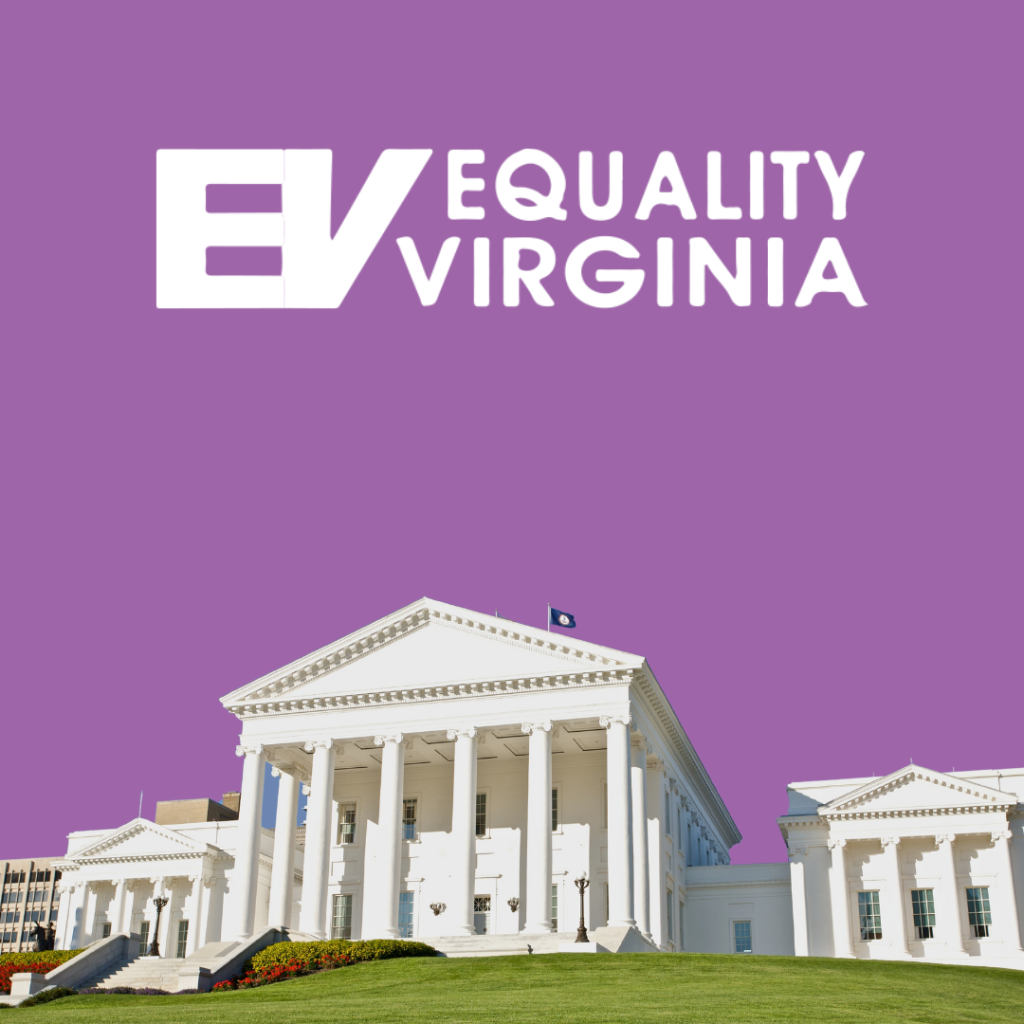Equality Virginia Launches School Board Policy Tracker

In total, 552,065 Virginia K-12 students attend school in divisions that have fully adopted the VDOE model policy for transgender students RICHMOND, VA – Today Equality Virginia, the Commonwealth’s leading advocacy organization for lesbian, gay, bisexual, transgender and queer (LGBTQ+) equality, launched a school board policy & meeting tracker to provide parents, advocates and students […]

